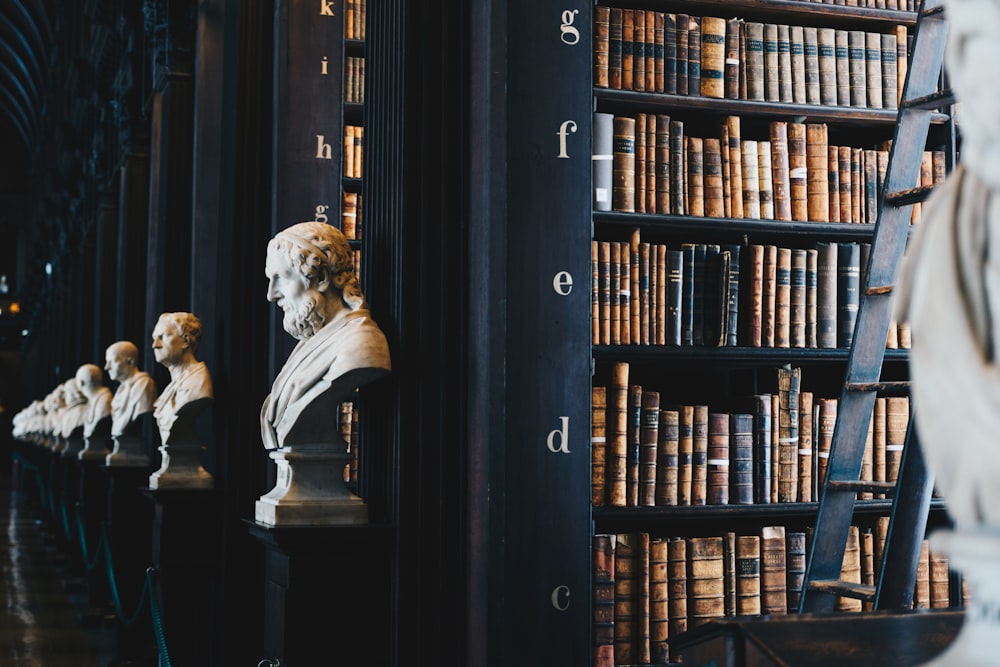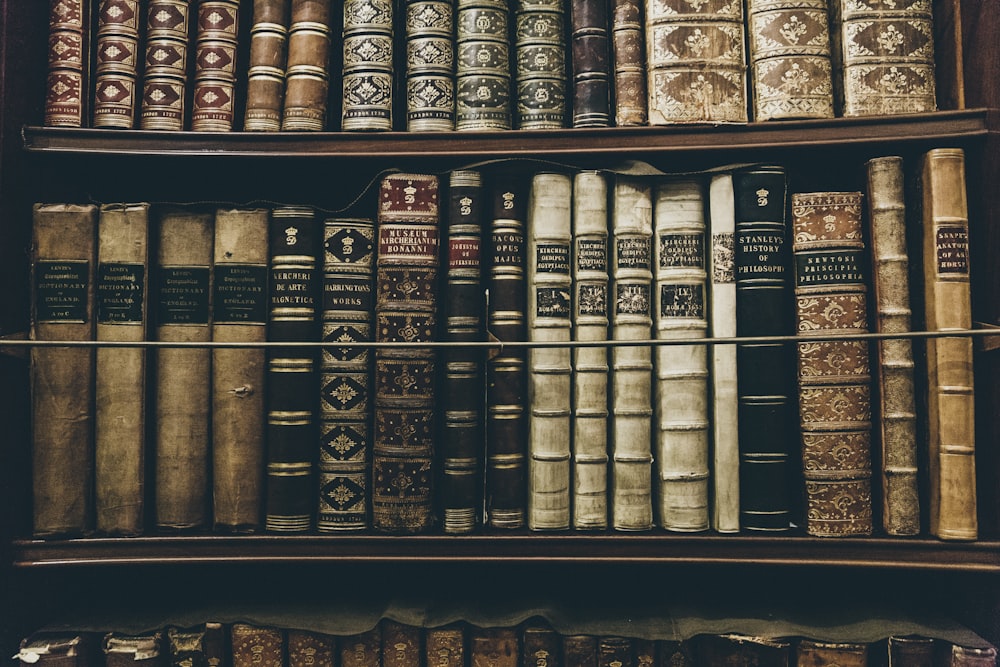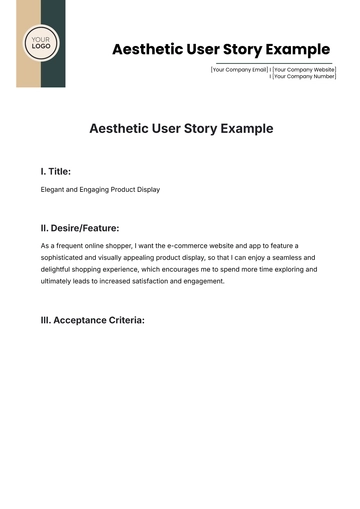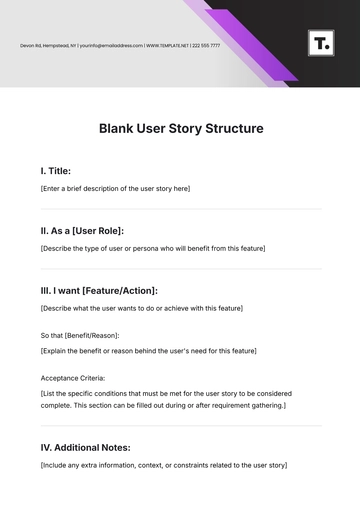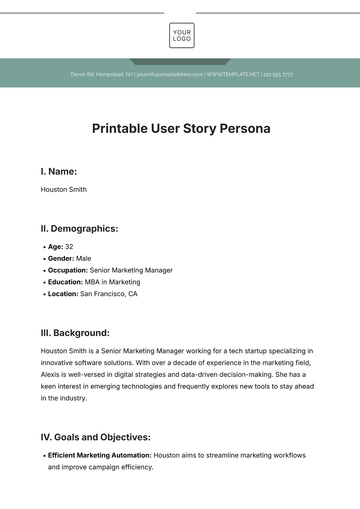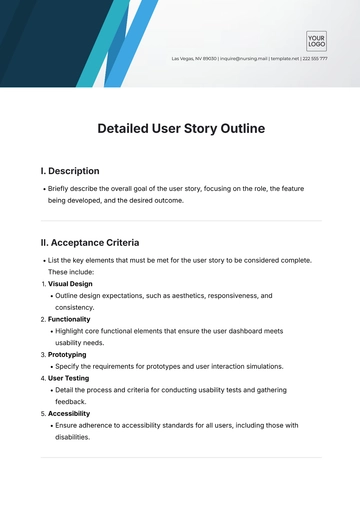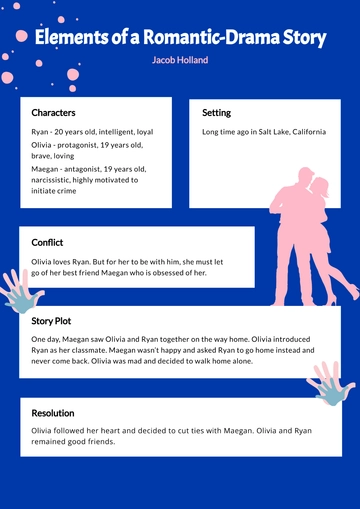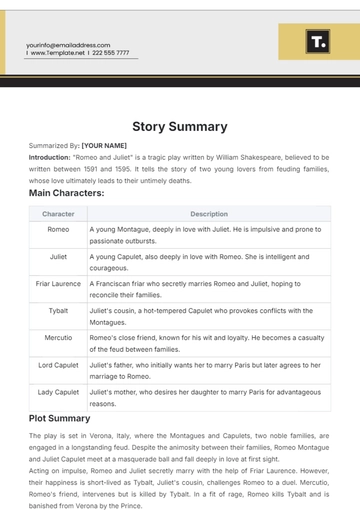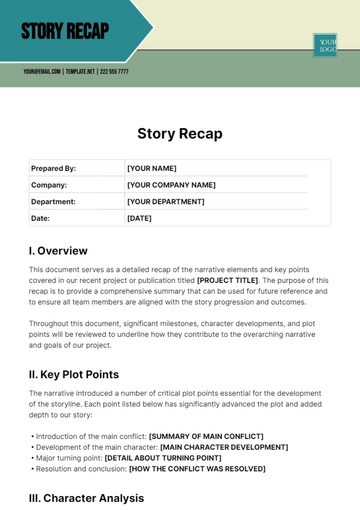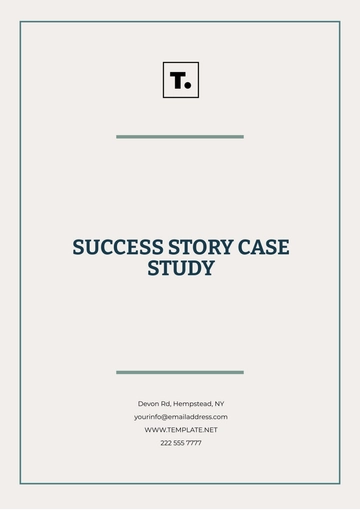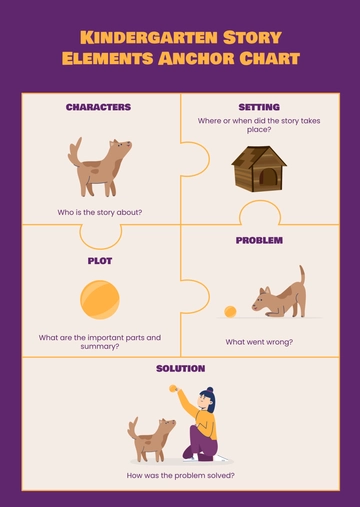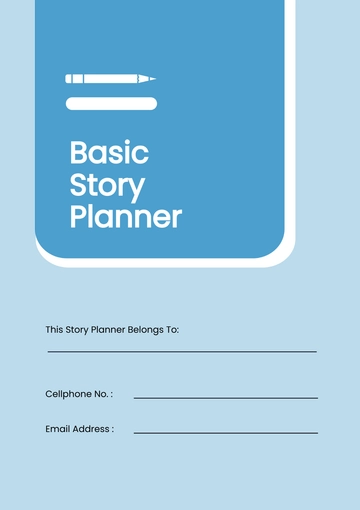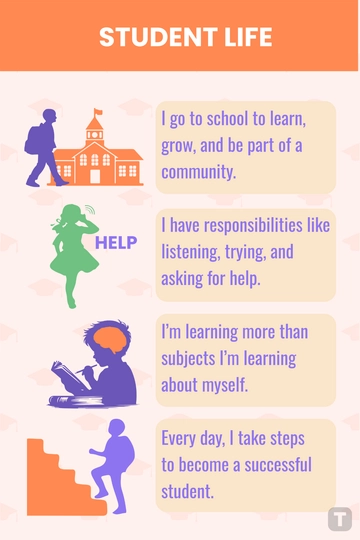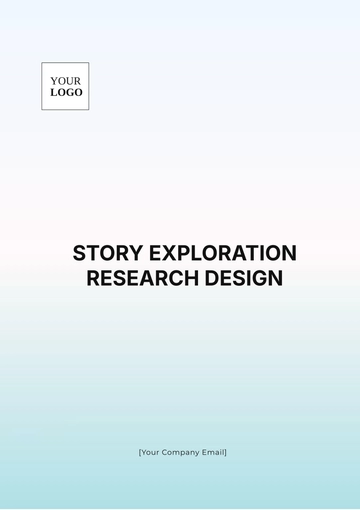Free History Article
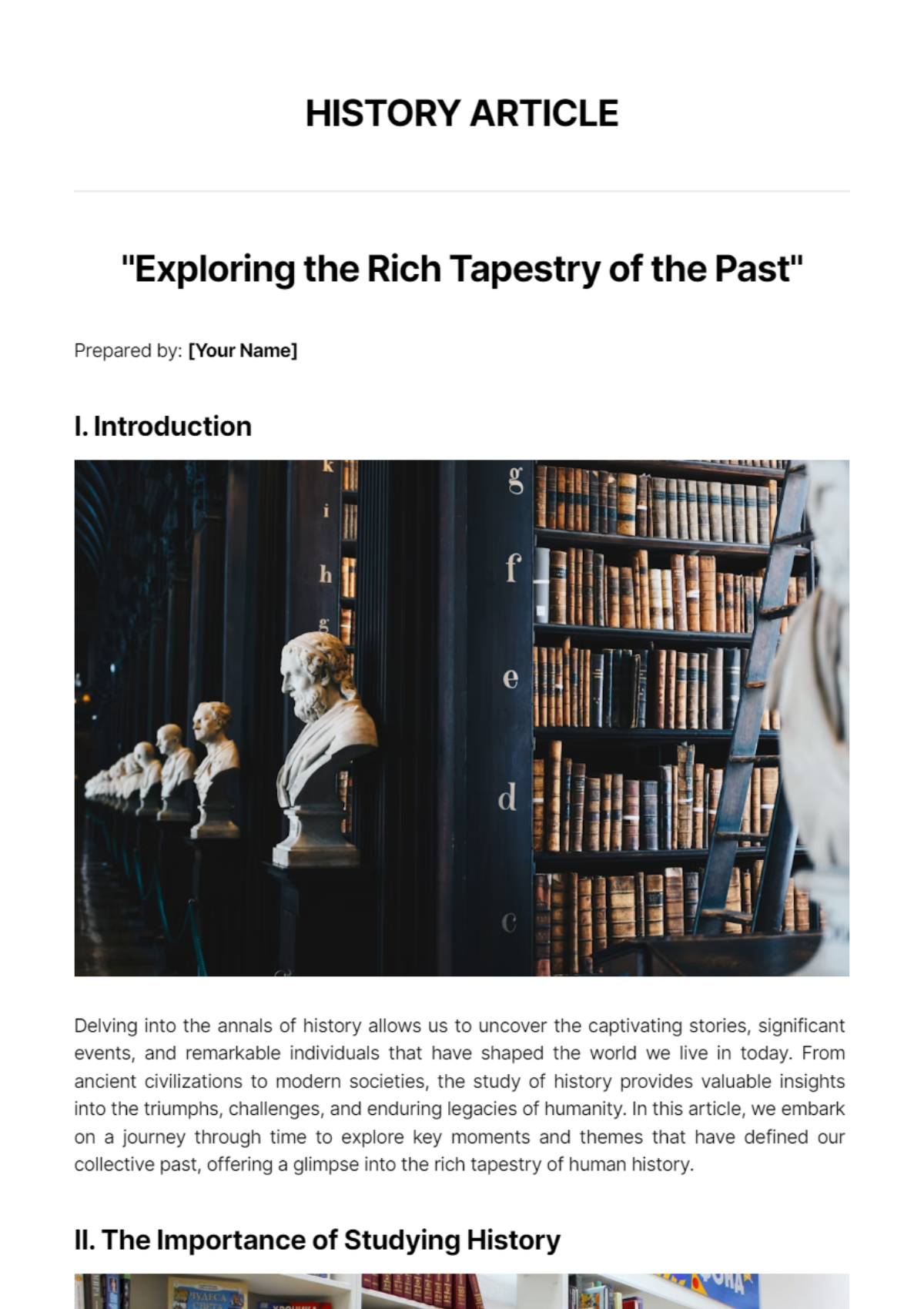
"Exploring the Rich Tapestry of the Past"
Prepared by: [Your Name]
I. Introduction
Delving into the annals of history allows us to uncover the captivating stories, significant events, and remarkable individuals that have shaped the world we live in today. From ancient civilizations to modern societies, the study of history provides valuable insights into the triumphs, challenges, and enduring legacies of humanity. In this article, we embark on a journey through time to explore key moments and themes that have defined our collective past, offering a glimpse into the rich tapestry of human history.
II. The Importance of Studying History

A. Understanding Human Experience
History offers a window into the lives, cultures, and societies of the past, enabling us to empathize with the experiences of our ancestors and gain perspective on our own lives.
By studying historical events and movements, we can discern patterns, trends, and recurring themes that continue to influence contemporary society, politics, and culture.
B. Preserving Cultural Heritage
History serves as a repository of cultural heritage, preserving the traditions, languages, art, and artifacts of civilizations that have come before us.
Through the study of history, we can celebrate diversity, promote cultural understanding, and safeguard the legacies of marginalized or underrepresented communities.
C. Informing Decision-Making
History provides valuable lessons and insights that inform decision-making in the present and future, guiding policymakers, leaders, and individuals alike.
By examining past successes and failures, we can learn from our mistakes, anticipate potential challenges, and chart a course toward a more prosperous and equitable future.
III. Key Themes and Periods in History
A. Ancient Civilizations
Explore the rise and fall of ancient civilizations such as Mesopotamia, Egypt, Greece, and Rome, examining their contributions to art, architecture, philosophy, and governance.
Investigate the social structures, religious beliefs, and technological advancements that characterized ancient societies, shaping the course of human history.
B. Medieval Europe and the Renaissance
Trace the transition from the medieval period to the Renaissance, a time of profound cultural, intellectual, and artistic rebirth in Europe.
Examine the impact of events such as the Black Death, the Crusades, and the invention of the printing press on medieval society and the emergence of humanism, scientific inquiry, and the spread of knowledge during the Renaissance.
C. Modern Era and Globalization
Analyze the major political, economic, and social developments that have shaped the modern world, from the Age of Exploration to the Industrial Revolution, World Wars, and the dawn of globalization.
Consider the implications of colonialism, imperialism, and the rise of nation-states on global power dynamics, cultural exchange, and interconnectedness in the 21st century.
IV. Conclusion
The study of history offers a window into the past, illuminating the complexities, triumphs, and challenges of human civilization. By examining key moments, themes, and periods in history, we gain a deeper understanding of our shared heritage and the forces that have shaped the world we inhabit. Whether exploring ancient civilizations, medieval Europe, or the modern era, the study of history enriches our lives, informs our decisions, and fosters a greater appreciation for the diverse tapestry of human experience.
- 100% Customizable, free editor
- Access 1 Million+ Templates, photo’s & graphics
- Download or share as a template
- Click and replace photos, graphics, text, backgrounds
- Resize, crop, AI write & more
- Access advanced editor
Introducing our History Article Template, available exclusively on Template.net. Craft captivating historical narratives effortlessly with this editable and customizable template. Utilize our Ai Editor Tool to tailor the content, structure, and design to your unique preferences. Dive into the past and create engaging history articles that resonate with your audience.
